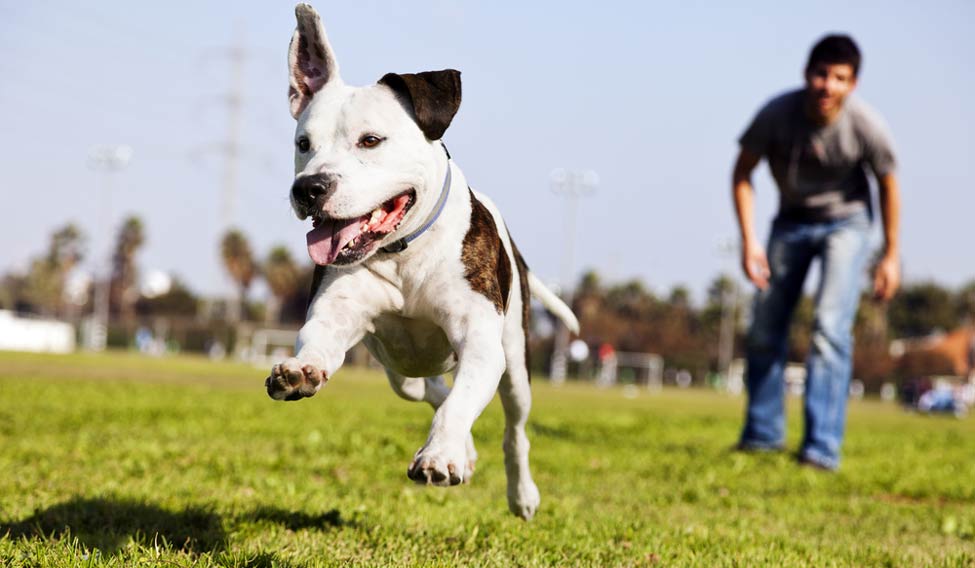Pet owners in India are outnumbered by people who are either wary of animals or indifferent to the point of ignorance. One of the biggest worries for pet owners in India today is to find places that are pet-friendly.
Going on a holiday means finding pet-friendly hotels or pet hostels; taking a cab to the vet means booking a pet-friendly cab service; shifting to another city involves pet-friendly transportation such as flights or cars, which involve a lot of expenses. Moving to a new apartment or housing complex is even worse, because it could end up in a tough choice between finding pet-friendly societies or abandoning the pet altogether.
Pet owners have to deal with the society board, a group of residents who preside over what is good and bad for the welfare of the housing complex. Resident Welfare Associations (RWA) are often against tenants or residents who want to keep pets. Among a slew of reasons, they worry about the cleanliness of the premises, the safety of residents, and the noise that the pet may make.
Quite often, pets are banned outright, and residents are not allowed to bring or keep dogs or cats at home.
However, a RWA is, in fact, in no legal position to ban pets. The Animal Welfare Board of India (AWBI) issued a set of guidelines and rights that a pet owner can avail of in such situations. It was released following a 2008 case when a resident of Mumbai filed a police complaint against his housing society, which disallowed his old, arthritis-affected dog to use the lift.
The guidelines, which are serve as a set of by-laws that overrule RWA's terms and conditions.
Intimidation is illegal
Members of the RWA would be abetting in breaking the law if they convince a pet owner to abandon the pet, under Section 11 (3) of the Prevention of Cruelty to Animals Act, 1960. The AWBI also states that the RWA cannot ban pets from the housing complex, even if there is a general consensus from majority of the residents. By law, a ban on pets interferes with the citizen's freedom to choose how to live. Intimidation as such is illegal in any form, even verbally.
Pets are part of the family
The guidelines lay out a set of ground rules that pet owners must follow. While stating that barking is a dog's natural form of communication, pet owners must make sure that the barking isn't causing nuisance to neighbours. The onus of keeping pets clean, healthy and vaccinated lies entirely with the pet owner. In fact, with adequate proof, housing societies can file a case against a negligent pet owner. Leashing or muzzling in public places helps others feel safe, but the RWA cannot impose rules that mandate the use of muzzles.
Clean up after pets
Pet owners must clean up after their pets, especially when they defecate within the premises of the housing complex. But the RWA cannot impose fines on pet owners for not cleaning, either, as that would be illegal. The AWBI also suggests creating 'pet corners' in where pets can relieve themselves. Unless there is a designated lift for pets, residents can use lifts along with pets, according to the guidelines.
Pets, too, need gardens
The guidelines advise RWA to not ban pets from using gardens, but instead have designated time slots when dogs can run and play under supervision of pet owners. The AWBI reasons that a lack of exercise could increase aggression in dogs, which is eventually bad for the residents and the owners.
PETS
Pet owner rights in a housing society

This browser settings will not support to add bookmarks programmatically. Please press Ctrl+D or change settings to bookmark this page.
THE WEEK
Select your subscription
Please select subscription.
Select payment method
Please select payment method.
Confirm your subscription
Recharge E-Wallet
Enter recharge amount:
Topics :
#lifestyle






